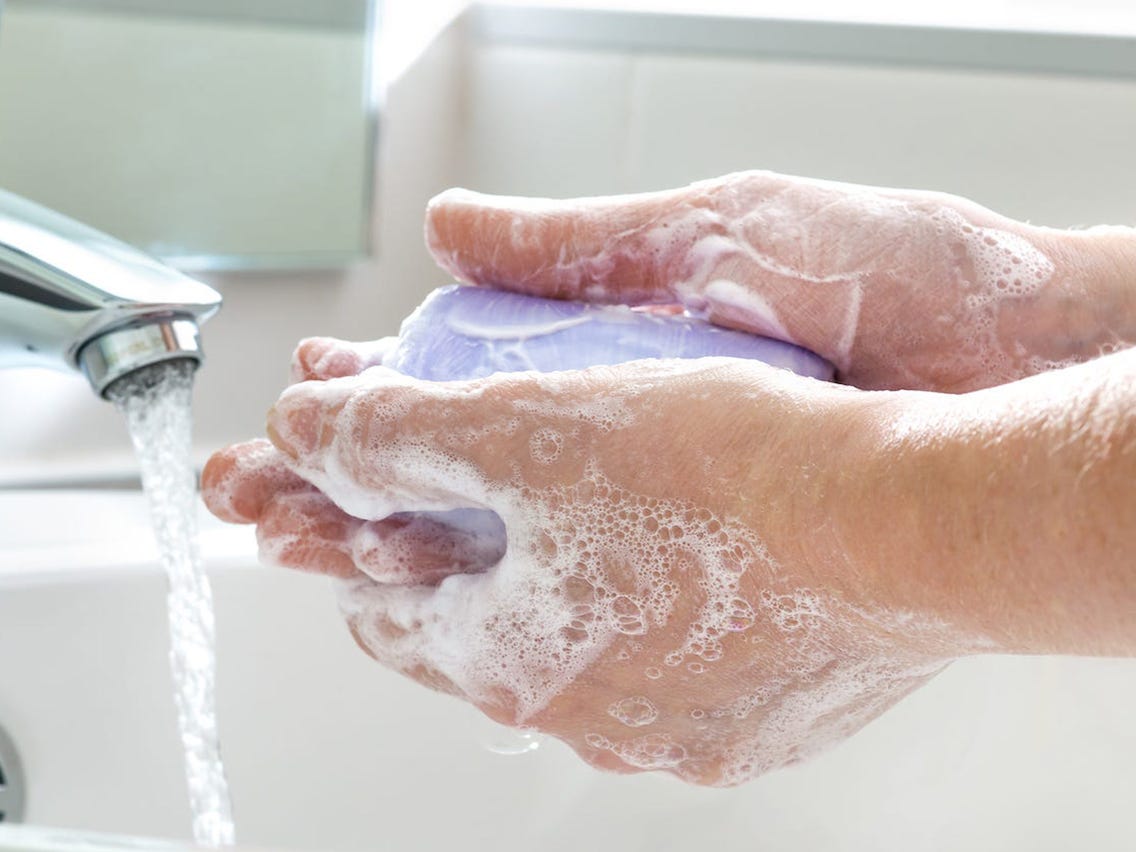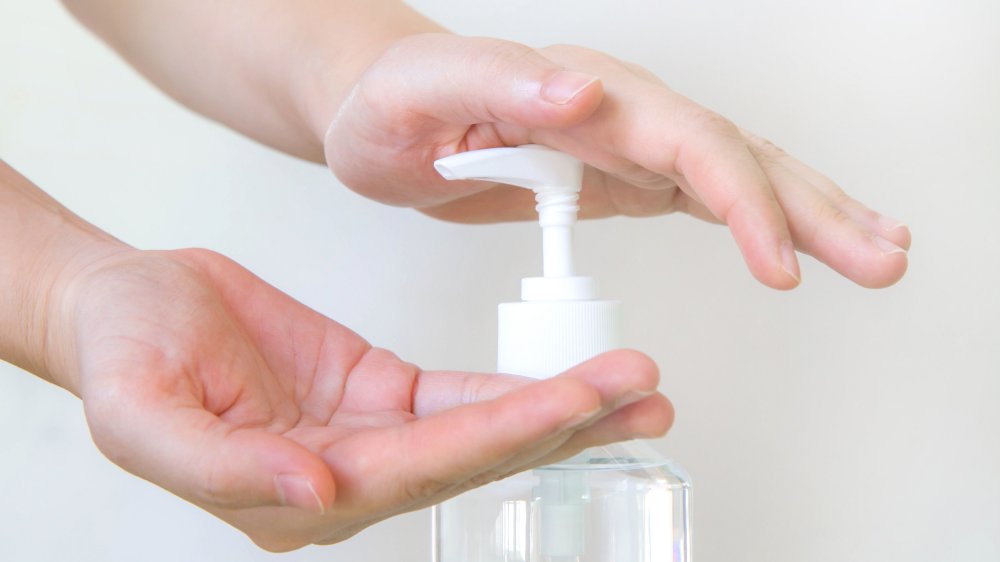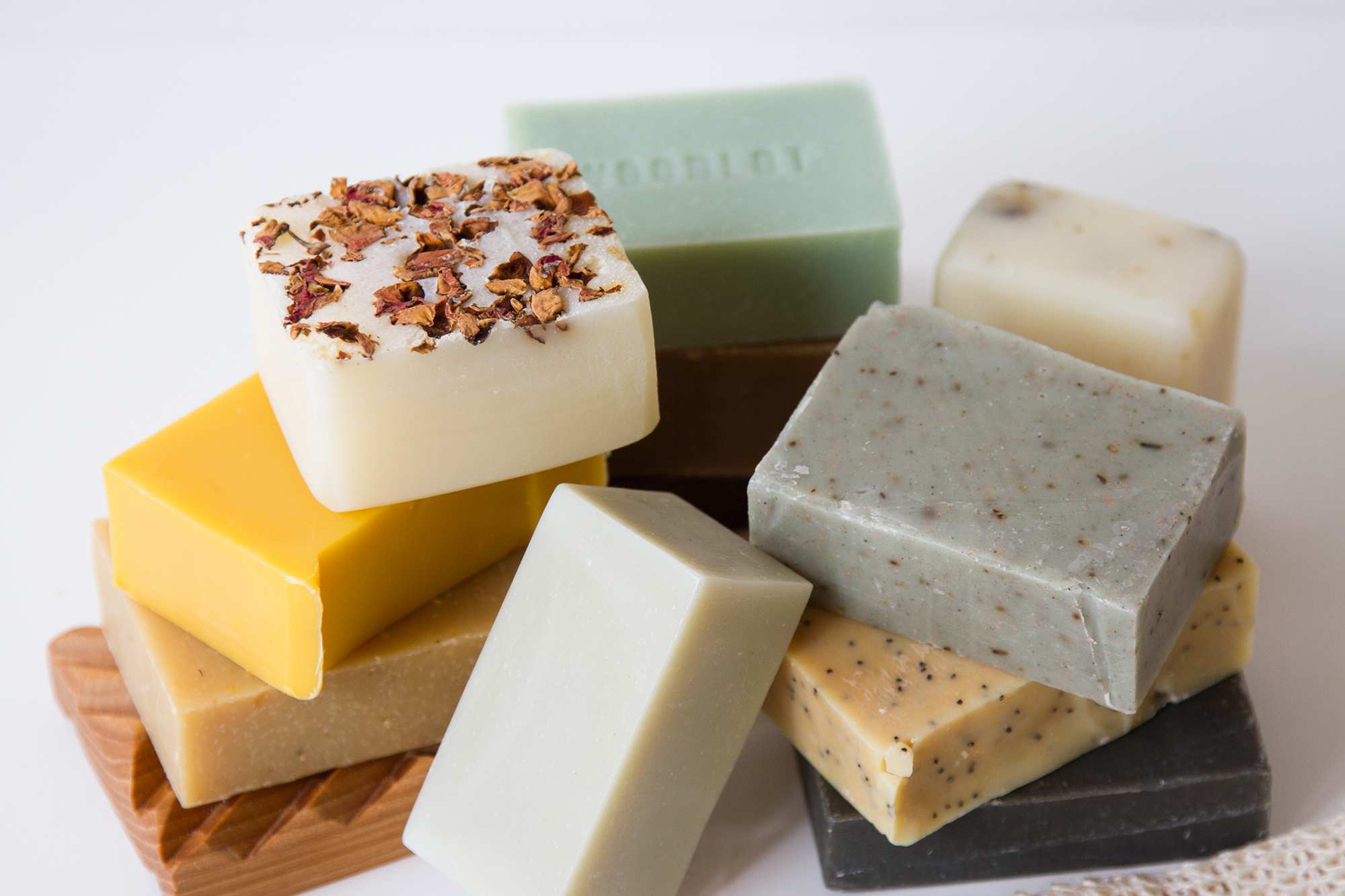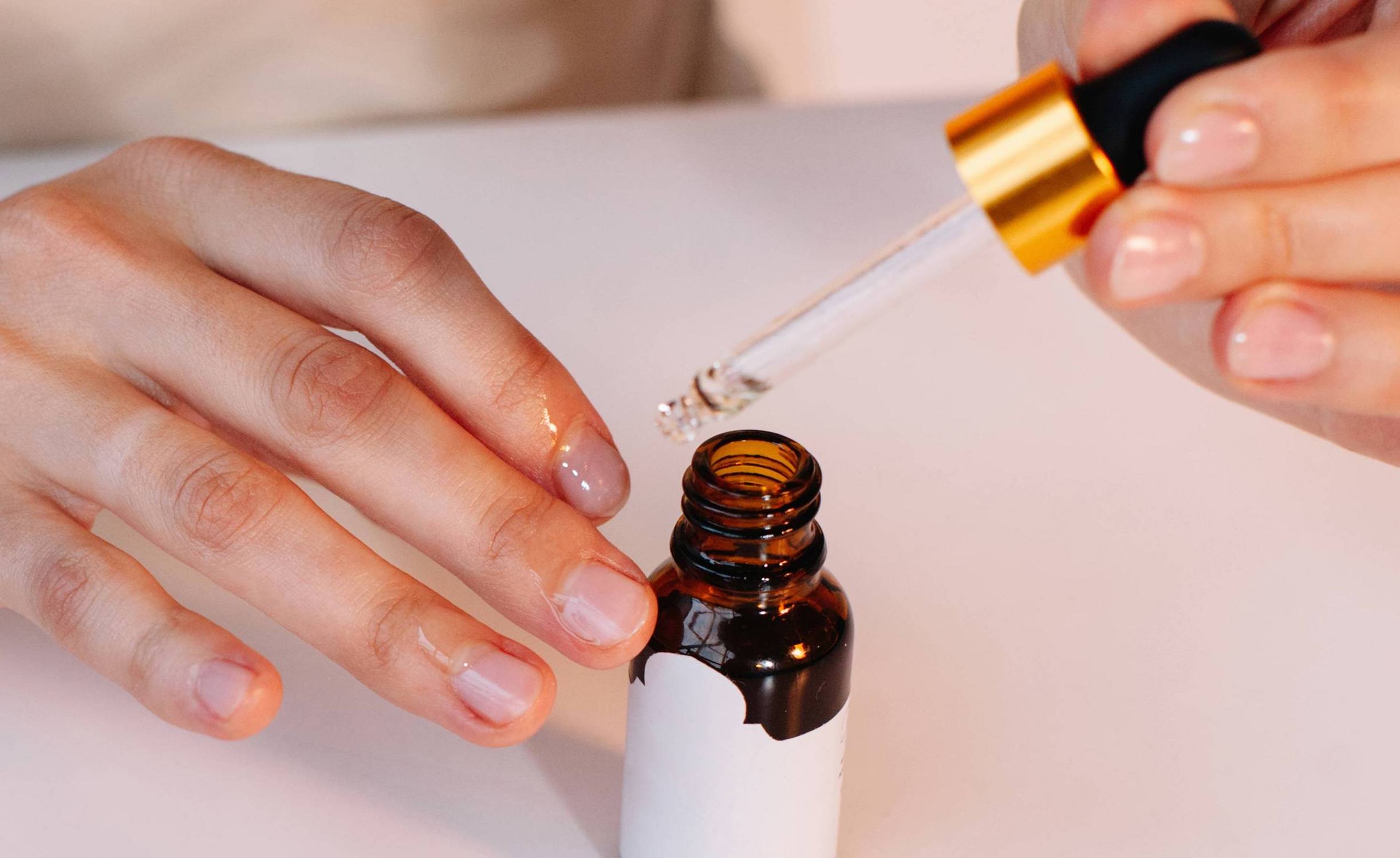
How To Take Care Your Hands During Covid
The world was overtaken by the COVID-19 pandemic last year and we are still in the midst of it today. The virus was new and scientists worldwide were busy struggling finding ways to tackle it. One of the first ways to battle the virus was found to be proper hygiene practices, which included frequent hand washing.
People all over the world started practising these new guidelines with some opting for strong disinfectant soaps for better assurance. This practice turned out to be a boon to fight the virus, but a bane for dry hands. For people suffering from dry hand conditions like dermatitis, eczema or psoriasis, this was very aggravating. If you are one of those people struggling from dry hands with flaky and irritated skin, scroll on to find out 7 ways you can help your situation.
1. Switch Your Soaps

How does hand washing help with COVID? Soaps contain surfactants which break the lipid barrier of the novel coronavirus, causing the viral particles to leak outside and be washed away with water when you rinse your hands. ANY SOAP which contains surfactants works against the virus. So you needn’t always use harsh disinfectant laden soaps.
So continue using soap bars and liquids you used pre-covid and continue practising regular hand washing. You can also use moisturizing soaps to alleviate some of the dryness.
2. Limit Sanitizer Use

Alcohol based sanitizers are great for when you are on the go and can’t access a bathroom or sink to wash your hands. They are quick and compact and easier than hand washing. But that comes at a cost. The 60% and higher concentrations of alcohol required to be effective is very drying for your skin. It strips your skin of any and all moisture, which is how alcohol works. So what can one do?
Wash your hands instead! Hand washing is not only as effective as sanitizing, but better as it gets in all nooks and crannies and doesn’t leave any residue. So opt for a hand wash as much as possible and only use hand sanitizers on the go when you can’t access a sink. You can also use hand sanitizers which have moisturizing agents to add some moisture back.
3. Use Products With Glycerin

If the above mentioned side effects of soaps and sanitizers scare you, don’t stop using them. Instead switch them up for moisturizing variants that suit your dry skin better. Look for ones with glycerin which is a fantastic humectant for moisturizing skin.
But be sure to buy and use products from well reputed brands to assure it still has its virucidal activities and DO NOT DIY your own products, this is not the time for that.
4. Use Moisturizers

Moisturizer is a boon for your skin in general in general, even more so now. If you haven’t been using a moisturizer on your body prior to covid, start now. There are a ton of hand creams and lotions available on the market which cater to different skin types and concerns. Pick one which addresses your concerns the best and use it twice daily.
If your skin is especially sensitive and dry and you suffer from eczema, keep reapplying the lotion throughout the day (pick one that is budget friendly if that is a worry).
5. Wear Gloves At Night

All the above changes and additions to your skincare regime should be enough to alleviate surface level dryness irritation of your hands. If that is still not enough, opt for the glove and slugging method.
At night, apply a rich and thick moisturizer and then wear cotton gloves on top of them. This locks in the product and gives it more downtime to stay and act on your skin. This aids with better absorption and retention of moisture. Adding a layer of petroleum jelly on top of the moisturizer, also called as slugging, will give an additional boost to the moisturizing effects of the products. The slugging method has been recommended by dermatologists for eczema for a long time.
6. Use Cuticle Oil

We have all beared the intense searing pain of sanitizer hitting your dry and cracked cuticles and hangnails. Cuticles are very thin and sensitive and already prone to dryness, and the constant hand washing/sanitizing makes it worse. To combat that, use a cuticle oil at night to nourish and moisturize your cuticles.
Just apply a few drops and massage in with your fingertips for the best results.
7. Consult A Doctor

If all the above tips and tricks don’t help, it’s time to consult a doctor. Visit your local dermatologist in person or online. They’ll be able to better assess your condition and concerns and diagnose you better. This will enable them to give you a tailor made routine which works specifically for you.
There you have it, tips and tricks for you to take care of your hands who are bearing the brunt during these trying times. Check out the blog for more health and lifestyle related articles.





